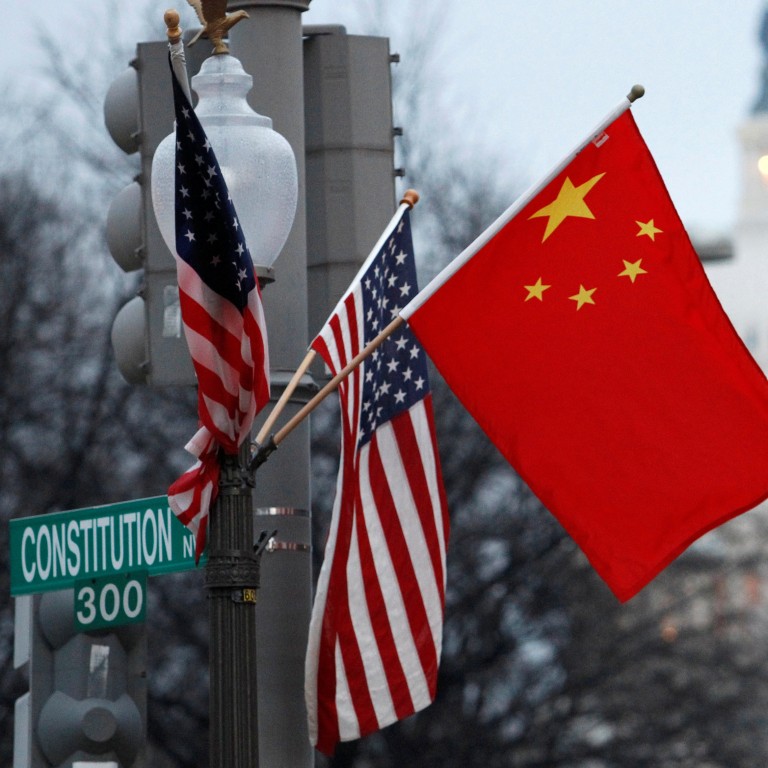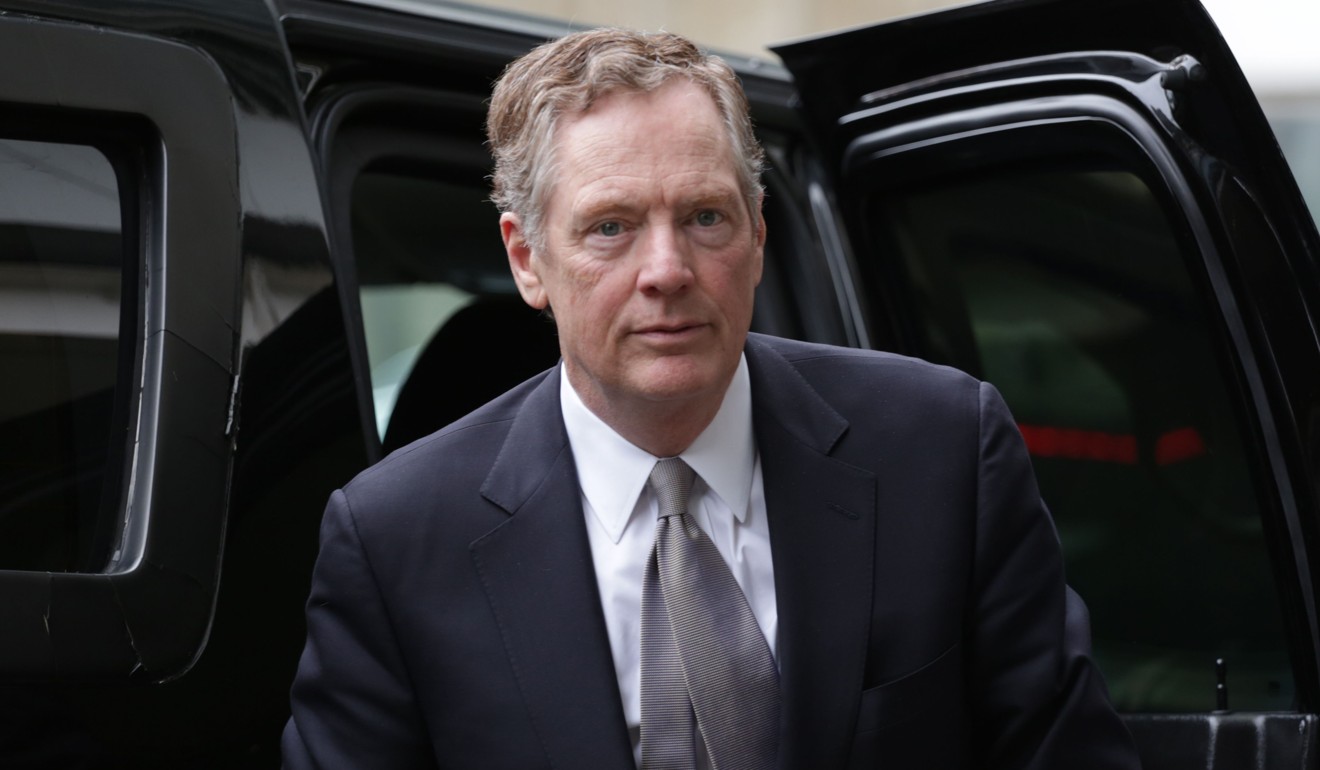
US government shutdown could be another obstacle to China trade war deal
- Democrats in the Senate refused to support a House of Representatives bill that included US$5 billion for President Donald Trump’s Mexico border wall
- The likelihood of an end to the trade war during a 90-day ceasefire period could also be complicated by the Christmas and Lunar New Year holiday
The likelihood of the United States and China being able to negotiate an end to the trade war during the 90-day ceasefire period has been further reduced by the US government shutdown.
Depending on how long the shutdown lasts, plans for Chinese and American negotiators to reconvene in January could be thrown into disarray, experts warned.
“The question is: ‘how long are you going to be shut down? If it’s a day or two it’s not a major disaster, it’s like a snow day, not a major problem,” said Deborah Elms, executive director at trade lobby group Asian Trade Centre.
“But if it’s shut down for a week or two weeks, this becomes a real challenge. Especially for the US-China situation, when you’re already on a tight deadline, you have major problems.”
Officials are understood to be arranging the logistics for formal talks in January, during which negotiators will try to reach a longer-term easing of hostilities in the trade war before the current ceasefire expires on March 1.
This week, the Office of the United States Trade Representative (USTR) filed documents confirming that on March 2, tariffs on US$200 billion of Chinese exports to the US would rise to 25 per cent should China not satisfy its demands for deep structural reforms to its economy.
An extended shutdown means a January session would grow more unlikely, given the logistical challenges of organising important diplomatic events.
“An enormous amount of work goes into these meetings from staff. They write memorandums and briefs to inform the main policymakers and decision makers for each and every negotiating point, it’s all about research. There’s the administrative staff, security, it’s a huge amount of work,” said William Marshall, a Hong Kong-based trade lawyer at law firm Tiang & Partners.
Whether the USTR, which negotiates on behalf of the White House, will be completely closed in the event of a federal shutdown is not yet clear.
The department falls under the Executive Office of the President, which, according to the National Association of Manufacturers, will not be funded after December 22.
This would likely mean that only those officials whose roles are considered to be of critical national security importance can keep working.
However, there are historical precedents of shutdowns affecting trade negotiations.
The October 2013 US government shutdown, which lasted for 16 days, led to a delay in the Bali round of negotiations for the Trans-Pacific Partnership, the multilateral trade deal that Trump withdrew from when he entered the White House.
In January this year, there was speculation as to whether a round of negotiations over the North American Free Trade Agreement would be affected by a planned government shutdown.
As it happened, the shutdown lasted just two days and the round of negotiations continued in Montreal as planned.
However, the Inside US Trade website reported at the time North American Free Trade Agreement negotiations that the USTR planned to participate in the talks “with a smaller retinue”.

Whether a postponement of January’s meeting would have any material impact on the overall negotiation, on the other hand, is debatable.
Matt Nakachi, a San Francisco-based trade counsel at law firm Junker & Nakachi, said that while a shutdown would make it more difficult for the USTR to run new negotiations, publish new rules or work with other agencies, the positions of lead negotiator Robert Lighthizer with regards to China are already very clear.
Lighthizer, a known China hawk, has been a long-time critic of China’s trade policy, and is among the chief architects of Trump’s aggressive trade policy.
“Typically, when the budget is held hostage, the blame-game in front of the media cameras eventually runs its course, and then members of Congress agree to fund a temporary continuing resolution, which allows government employees back to work before their rents and bills come due,” Nakachi told the South China Morning Post.
The scheduling is already tight, given that the Christmas holiday season in the US and the Lunar New Year holiday fall within the 90-day negotiating period.
Many expect a further extension of the truce if there are any signs of progress in the negotiations by March 1.

